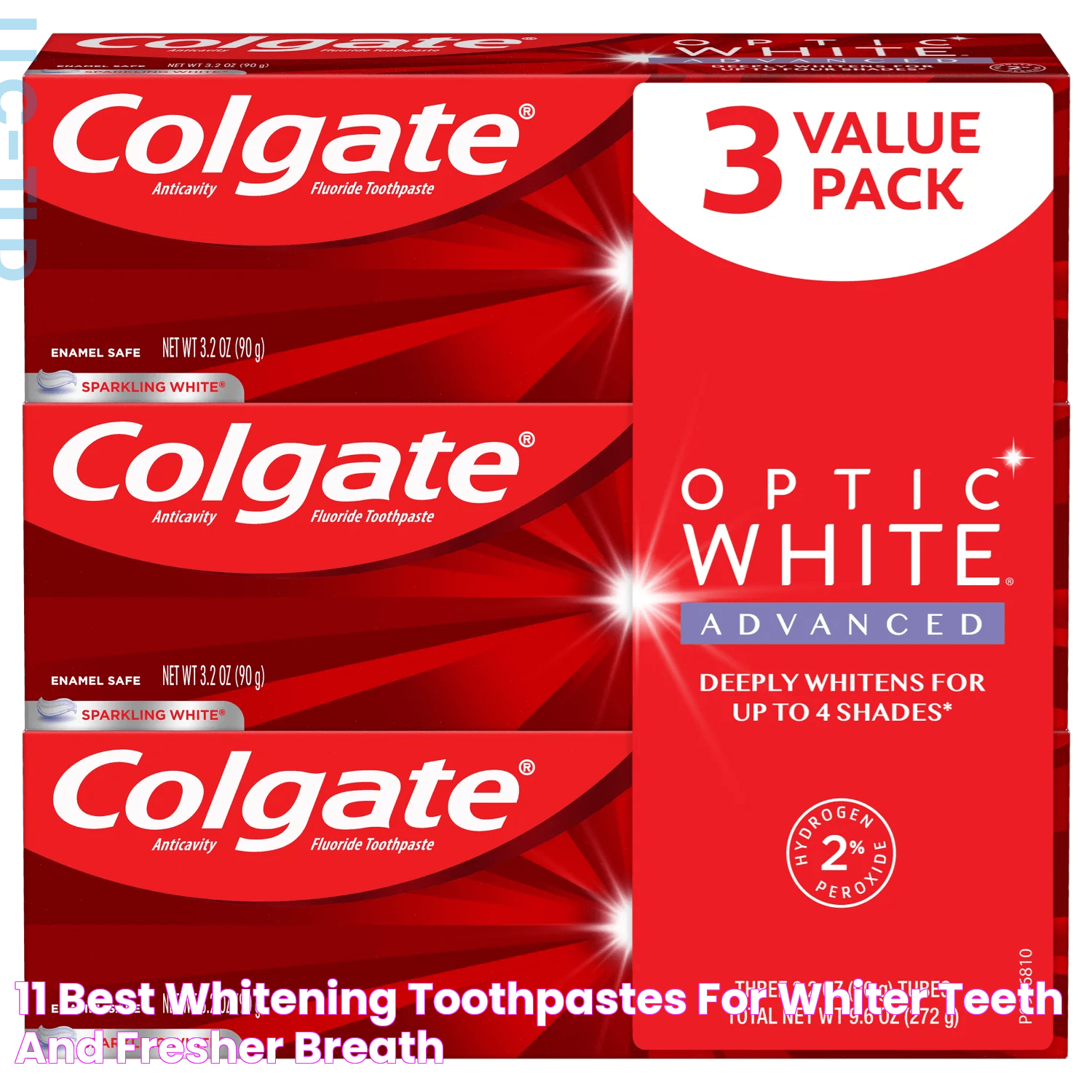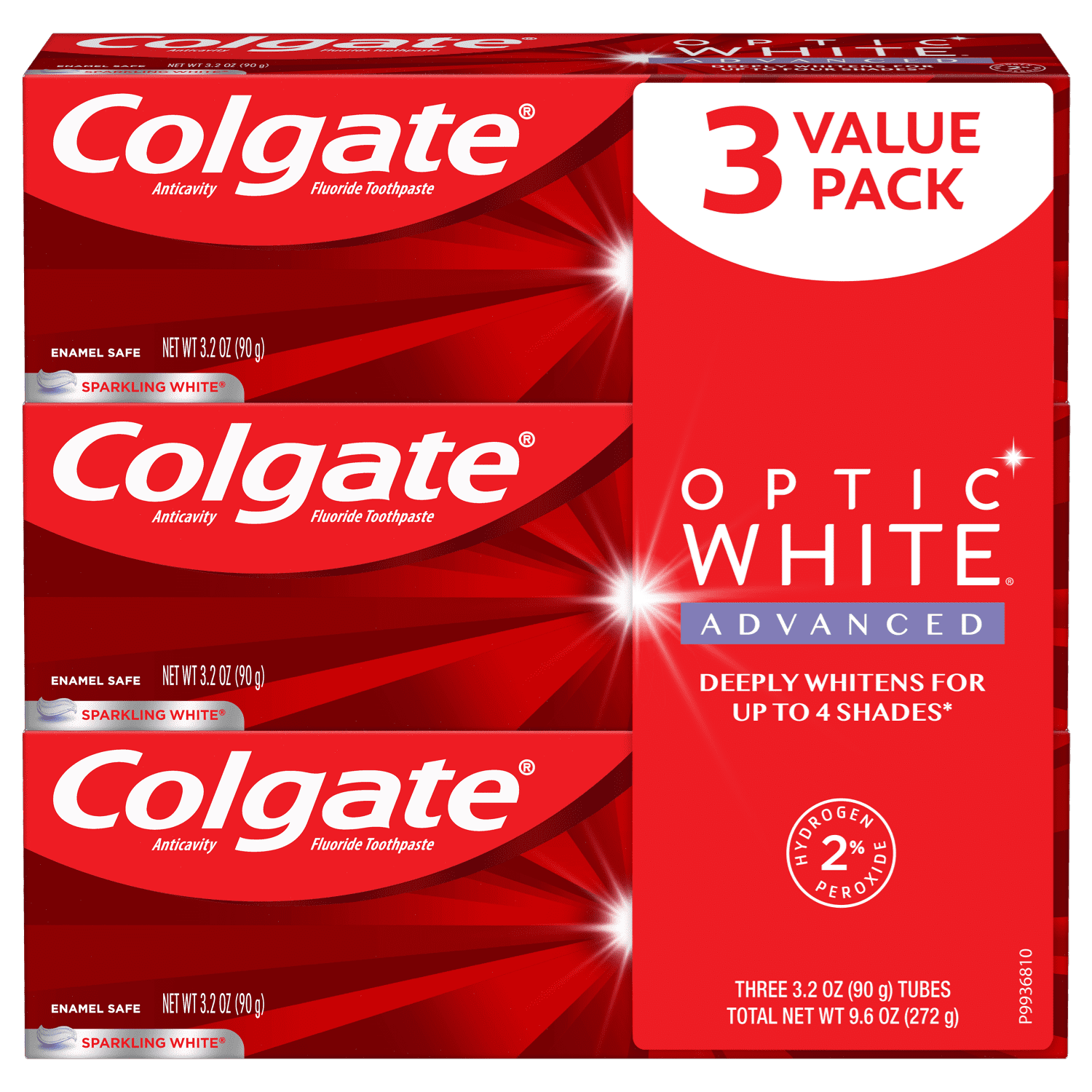Whitening tooth paste has become a popular choice for those seeking a brighter and more radiant smile. With numerous brands available on the market, each promising exceptional results, it can be challenging to select the right product for your needs. From over-the-counter options to specialized formulations, the choices are vast, yet understanding their ingredients and effectiveness is crucial for achieving the best outcome.
Over the years, the demand for whitening tooth paste has surged as more individuals strive for improved dental aesthetics. A confident smile not only enhances your appearance but also boosts self-esteem and confidence. Many people believe that whitening tooth paste is an easy and cost-effective solution to remove surface stains caused by food, drinks, and smoking, leading to a whiter smile.
Despite their growing popularity, whitening tooth pastes are not a one-size-fits-all solution. It’s essential to consider your dental health, sensitivity levels, and the specific causes of teeth discoloration before selecting a product. This comprehensive guide aims to offer you valuable insights into whitening tooth pastes, their ingredients, benefits, and potential side effects, empowering you to make an informed decision.
Read also:Khloe Kardashian A Deep Dive Into Her Life And Career
Table of Contents
- What is Whitening Tooth Paste?
- How Does Whitening Tooth Paste Work?
- Key Ingredients in Whitening Tooth Paste
- Benefits of Using Whitening Tooth Paste
- Are There Any Side Effects?
- How to Choose the Right Whitening Tooth Paste?
- Do Whitening Tooth Pastes Cause Sensitivity?
- Natural vs. Chemical Whitening Tooth Pastes
- How Often Should You Use Whitening Tooth Paste?
- What are the Alternatives to Whitening Tooth Paste?
- Whitening Tooth Paste vs. Whitening Strips: Which is Better?
- Frequently Asked Questions about Whitening Tooth Paste
- Conclusion
What is Whitening Tooth Paste?
Whitening tooth paste refers to a type of toothpaste specially formulated to remove surface stains and whiten teeth. While regular toothpastes focus primarily on cleaning and preventing cavities, whitening tooth pastes include additional ingredients aimed at enhancing the whiteness of teeth. The primary goal of these products is to reduce discoloration and improve the overall appearance of your smile.
Notably, whitening tooth paste is designed for daily use, making it a convenient option for those looking to maintain their pearly whites without the need for more invasive or expensive treatments. However, it’s important to note that these toothpastes primarily work on surface stains and may not be as effective on deeper stains or severe discoloration.
How Does Whitening Tooth Paste Work?
Whitening tooth paste functions by utilizing abrasives, chemicals, or a combination of both to remove surface stains from teeth. These stains are often caused by the consumption of coffee, tea, wine, and certain foods that possess staining properties. The toothpaste’s abrasive ingredients gently scrub away these stains, while chemical agents work to dissolve or bleach them.
The abrasives used in whitening tooth pastes are typically mild and designed to safely polish the enamel without causing damage. Chemical agents like hydrogen peroxide or carbamide peroxide are often included to enhance the whitening effect by breaking down stains at a molecular level, leading to a brighter smile.
Key Ingredients in Whitening Tooth Paste
Understanding the ingredients in whitening tooth paste can help you make an informed decision when selecting a product. Here are some common ingredients found in these toothpastes:
- Abrasives: These include silica or calcium carbonate, which help to physically scrub away stains from the teeth’s surface.
- Hydrogen Peroxide: A bleaching agent that helps to break down stains and whiten teeth over time.
- Carbamide Peroxide: Similar to hydrogen peroxide, it releases oxygen to help remove stains.
- Fluoride: Often included to prevent cavities and strengthen enamel while whitening.
- Enzymes: Ingredients like papain or bromelain that help break down stain-causing proteins.
Each of these ingredients plays a pivotal role in the whitening process, and their effectiveness can vary depending on the concentration and formulation used in the toothpaste.
Read also:Why Does Hair Turn Grey Causes Prevention And More
Benefits of Using Whitening Tooth Paste
There are numerous advantages to incorporating whitening tooth paste into your daily oral care routine. Some of the key benefits include:
- Improved Aesthetics: Regular use can lead to a visibly brighter and whiter smile, enhancing your overall appearance.
- Increased Confidence: A whiter smile can boost self-esteem and confidence, making social interactions more enjoyable.
- Convenience: As an over-the-counter product, it offers an accessible and cost-effective option for maintaining dental aesthetics.
- Preventive Care: Many whitening tooth pastes include fluoride, which helps prevent cavities and strengthen enamel.
Are There Any Side Effects?
While whitening tooth pastes are generally safe for most individuals, some people may experience side effects. Common side effects include:
- Sensitivity: Increased sensitivity to hot or cold temperatures is a common side effect, especially if the toothpaste contains high levels of peroxide.
- Gum Irritation: Some users may experience irritation of the gums due to the abrasive or chemical ingredients.
- Enamel Damage: Overuse or improper use of whitening tooth paste can lead to enamel erosion, though this is rare with most commercial products.
If you experience any adverse effects, it’s advisable to discontinue use and consult with a dental professional.
How to Choose the Right Whitening Tooth Paste?
Choosing the right whitening tooth paste involves considering several factors, including your dental health, the severity of discoloration, and personal preferences. Here are some tips to help you select the best product:
- Consult with a dentist to understand your dental health and any underlying issues.
- Consider the ingredients and look for those that match your needs, such as fluoride for cavity prevention or peroxide for stronger whitening.
- Read reviews and research products that have received positive feedback from other users.
- Check for ADA (American Dental Association) approval, which indicates a product’s safety and effectiveness.
Do Whitening Tooth Pastes Cause Sensitivity?
Sensitivity is a potential side effect of using whitening tooth pastes, particularly those containing peroxide. However, not everyone will experience sensitivity, and it often depends on individual tolerance levels and the concentration of active ingredients in the toothpaste. If sensitivity occurs, consider using a toothpaste specifically formulated for sensitive teeth or alternating between whitening and regular toothpaste.
Natural vs. Chemical Whitening Tooth Pastes
The choice between natural and chemical whitening tooth pastes depends on personal preference and dental needs. Natural toothpastes often contain ingredients like baking soda, charcoal, or essential oils, which can provide a gentle whitening effect without harsh chemicals. On the other hand, chemical toothpastes may offer more noticeable results in a shorter time due to their active bleaching agents.
When choosing between the two, consider your sensitivity levels, desired results, and any potential allergies to certain ingredients. Both types can effectively whiten teeth, but the approach and timeline may vary.
How Often Should You Use Whitening Tooth Paste?
The frequency of use for whitening tooth paste depends on the product’s formulation and your dental health. Generally, it’s safe to use whitening tooth paste daily, as part of your regular oral hygiene routine. However, if you experience sensitivity or irritation, it may be beneficial to reduce the frequency or alternate with a standard toothpaste.
Always follow the manufacturer’s instructions and consult with a dentist if you have concerns about the effects of whitening tooth paste on your teeth and gums.
What are the Alternatives to Whitening Tooth Paste?
For those seeking alternatives to whitening tooth paste, several options are available, each with its own set of benefits and considerations:
- Whitening Strips: Adhesive strips coated with a whitening gel that adhere to teeth and provide a more intensive treatment.
- Professional Whitening Treatments: Performed by a dentist, these treatments offer the most dramatic results but are more expensive.
- Whitening Gels and Trays: Over-the-counter kits that use a bleaching gel and tray system for at-home use.
- Natural Remedies: Options like oil pulling or using baking soda can offer mild whitening effects.
Whitening Tooth Paste vs. Whitening Strips: Which is Better?
Deciding between whitening tooth paste and whitening strips depends on your expectations, budget, and convenience. Whitening tooth pastes are ideal for maintaining a white smile and preventing new stains, while whitening strips offer a more direct treatment for existing discoloration.
Strips may provide faster and more noticeable results, but they can also be less convenient and more expensive than tooth paste. Consider your personal needs and consult with a dental professional if you’re unsure which option is best for you.
Frequently Asked Questions about Whitening Tooth Paste
1. Can whitening tooth paste damage my enamel?
Most whitening tooth pastes are formulated to be gentle on enamel. However, excessive use or using highly abrasive formulas can potentially damage enamel over time. It’s important to use these products as directed and consult with a dentist if you have concerns.
2. How long does it take to see results from whitening tooth paste?
Results can vary based on the product and individual factors such as the degree of staining. Generally, you may start to see noticeable results after 2-4 weeks of consistent use.
3. Can children use whitening tooth paste?
Whitening tooth pastes are typically not recommended for children under the age of 12, as their teeth are still developing. Consult with a pediatric dentist for suitable options for children.
4. Is whitening tooth paste effective on all types of stains?
Whitening tooth pastes are most effective on surface stains but may not be as effective on deeper, intrinsic stains caused by trauma or medication. For such stains, professional treatments may be necessary.
5. Can I use whitening tooth paste if I have dental restorations?
Whitening tooth pastes do not work on dental restorations such as crowns, veneers, or fillings. It’s important to consult with a dentist for suitable whitening options if you have restorations.
6. Can I combine whitening tooth paste with other whitening products?
Combining whitening products can enhance results but may also increase the risk of sensitivity. It’s advisable to consult with a dentist before combining treatments to ensure safety and effectiveness.
Conclusion
In conclusion, whitening tooth paste offers a convenient and accessible option for those seeking to enhance their smile’s brightness. While it may not provide the dramatic results of professional treatments, it is an effective tool for maintaining oral aesthetics and preventing new stains. By understanding the ingredients, benefits, and potential side effects, you can make an informed choice and enjoy the confidence that comes with a radiant smile. Remember, it’s always best to consult with a dental professional for personalized advice and recommendations.

